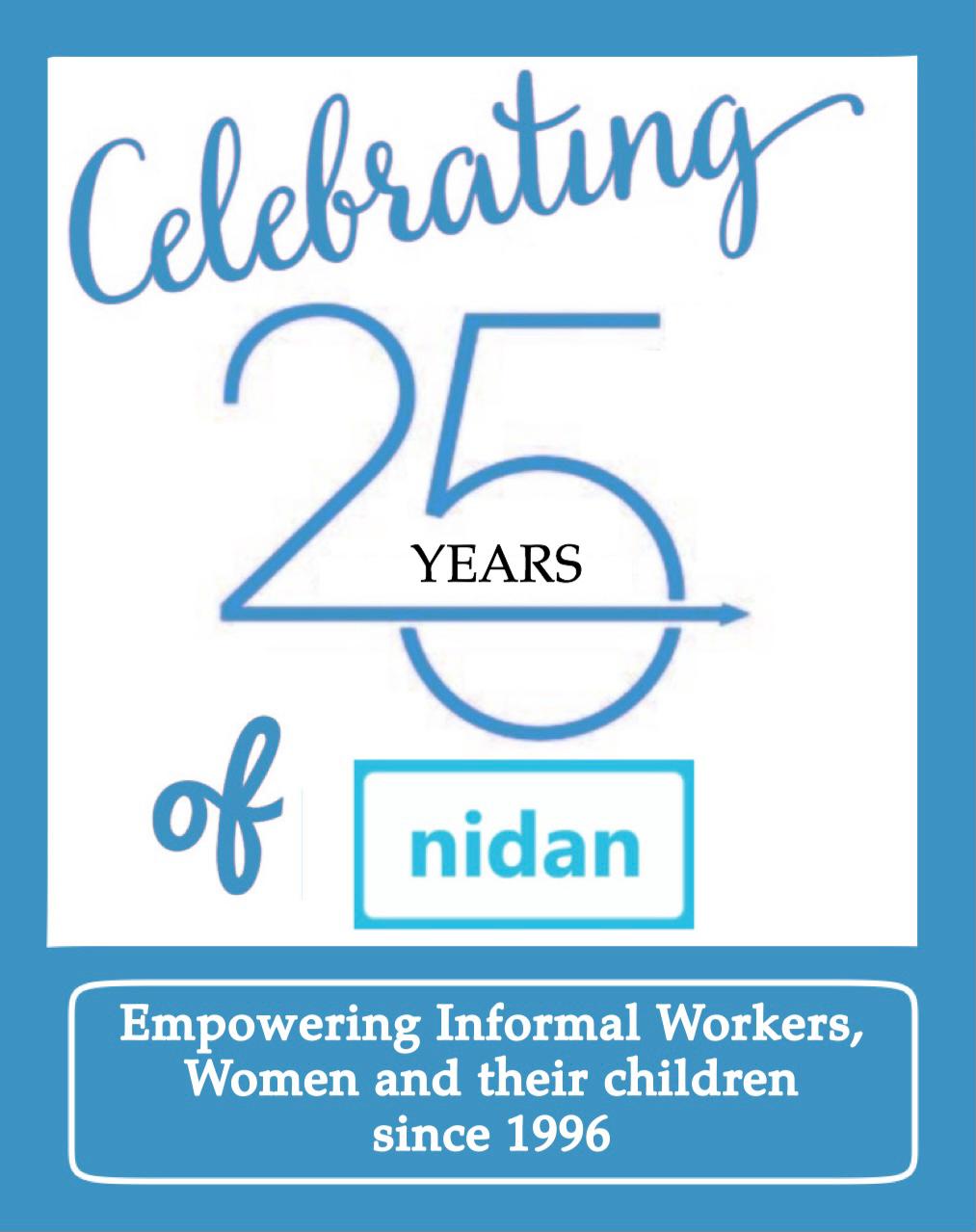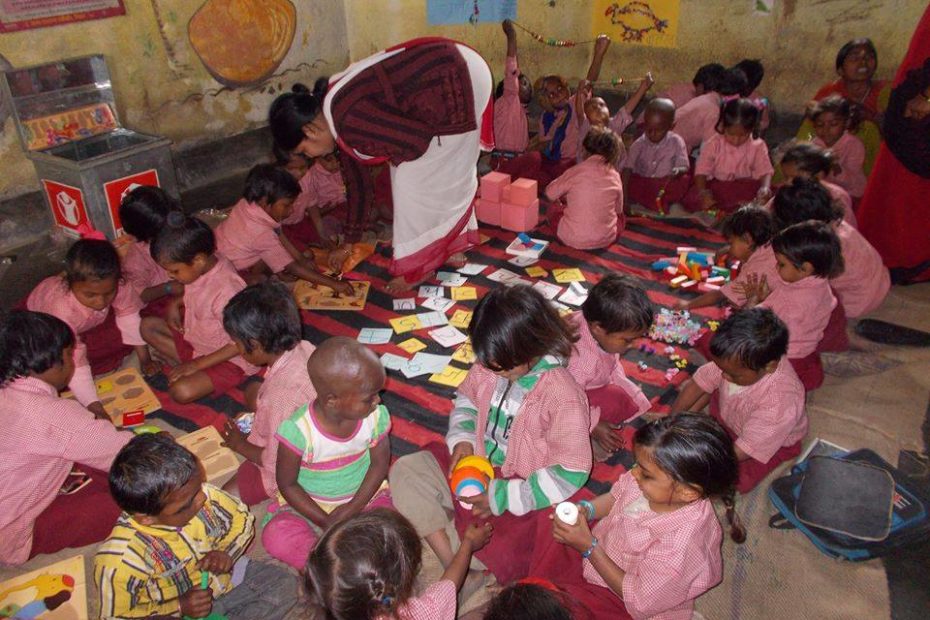As a field, development is fond of linear approaches to problem solving. But not every social challenge can be codified into incremental, quantifiable goals, as those of us working on rights and justice issues know only too well. Part of the problem is that rights-based issues are “wicked”—that is, they are extremely complex, and their complexities vary by geography and population. (See “Six Characteristics of Wicked Problems That Make Scaling Up Difficult” below.) As such, they defy the increasingly robust models that exist for growing certain development programs, especially those that are designed to scale up in size. And so, although the root cause of poverty is inequity, rights and justice issues often take a back seat to health, sanitation, and education, where needs are more visible and progress is more easily measured.
Several organizations working in South Asia, such as BRAC and Nidan, have had many instructive experiences as they seek to empower the poor. In India, Nidan has helped build some of the largest associations of informal workers in the world, with 621,000 members. Though Bangladesh-based BRAC is best known for its development work, it is also one of the largest providers of human rights and legal aid services in the world. One of its core components is a cadre of “barefoot lawyers” composed of local women who provide information about legal issues to their community. In recent years the program has begun to work on notoriously sticky issues of property rights.

